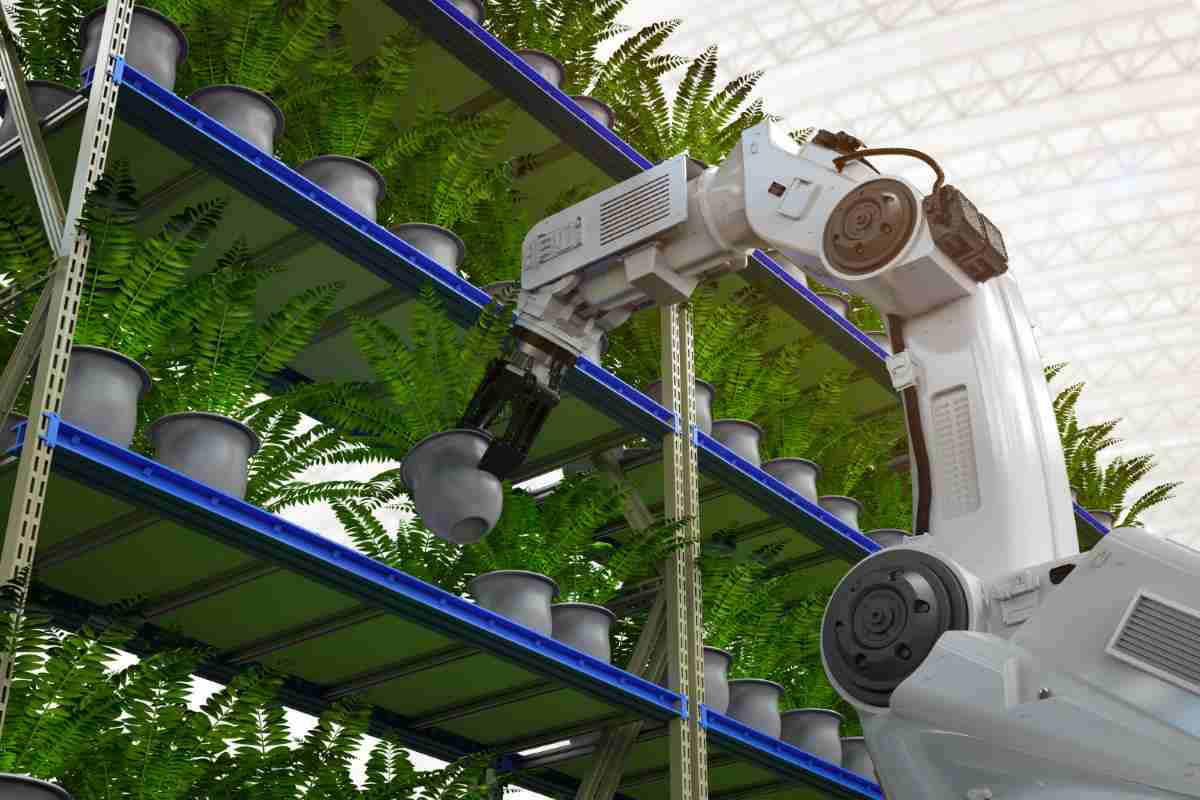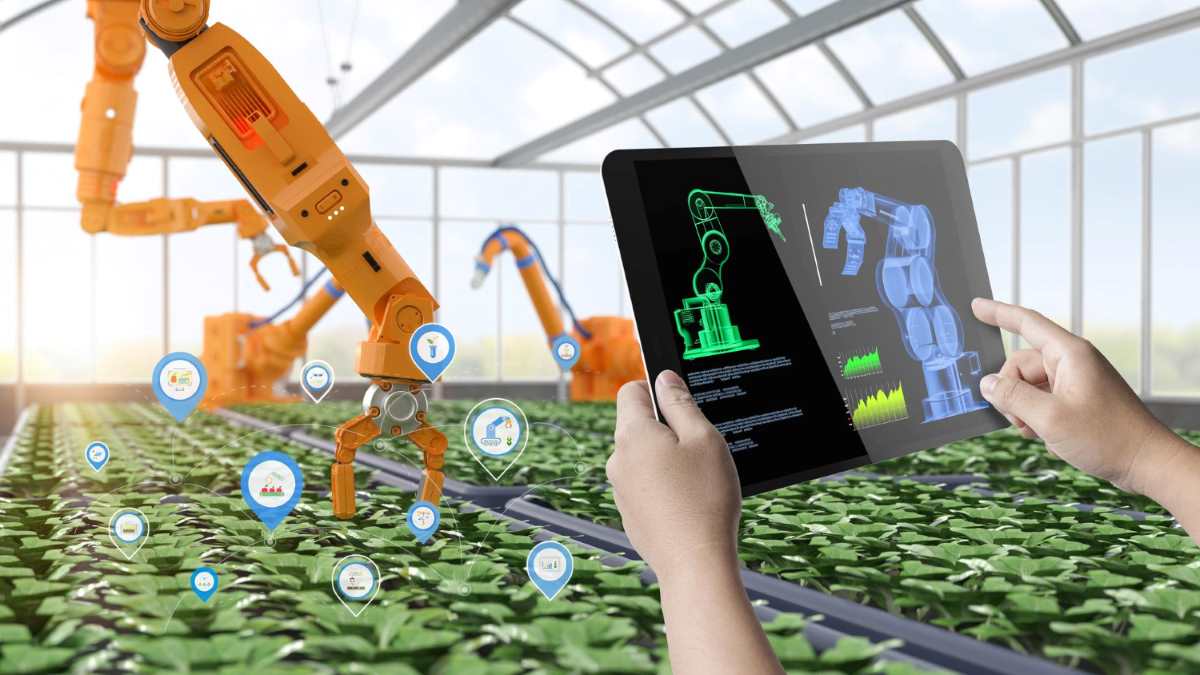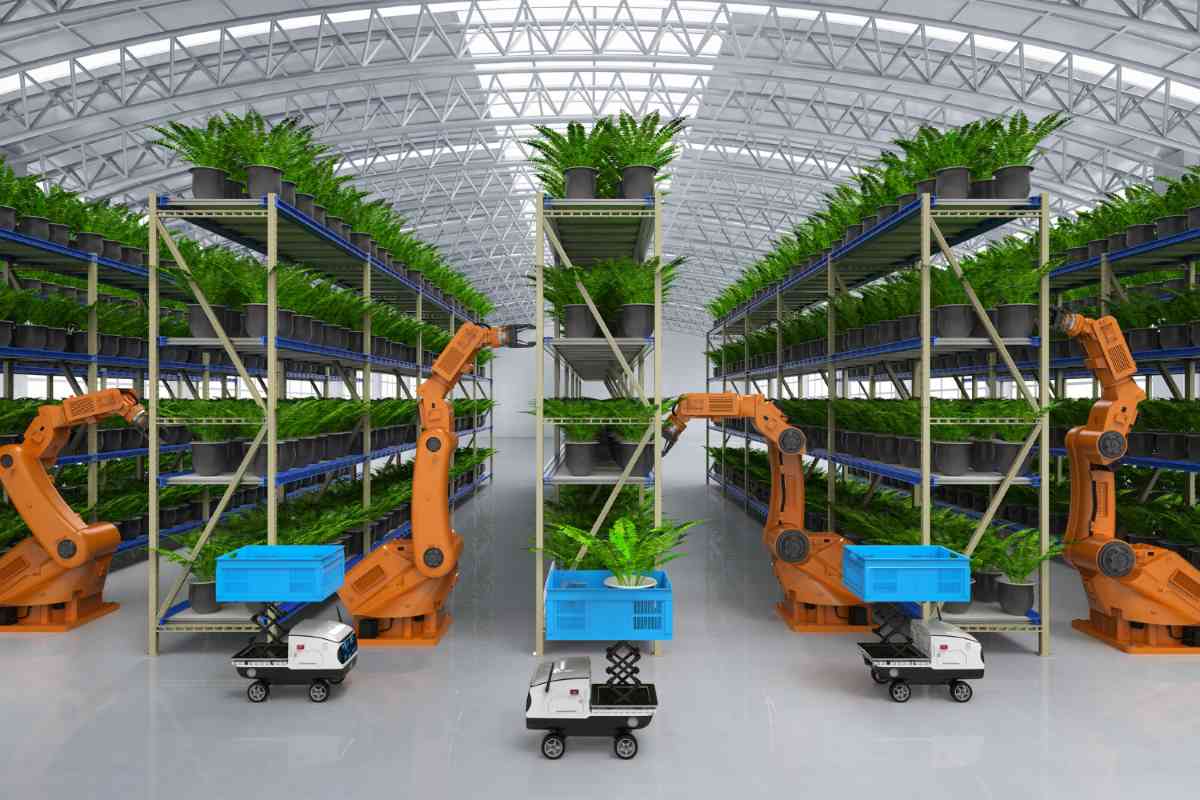
The Importance of Innovations in DEF Production
Modern DEF production is at the forefront of efforts to reduce diesel emissions, but achieving efficiency while maintaining quality poses challenges. Innovations in this field have been critical to meeting growing demand while minimizing costs and environmental impact. Advanced technologies ensure that Diesel Exhaust Fluid (DEF) adheres to strict standards and supports the effective functioning of Selective Catalytic Reduction (SCR) systems.
By integrating automation, enhanced water purification techniques, and optimized production lines, manufacturers are setting new benchmarks for efficiency. These developments not only streamline DEF production but also help industries meet global sustainability goals, making the process both economically viable and environmentally responsible.
Automation: Transforming DEF Production
Automation is revolutionizing DEF production by eliminating inefficiencies and reducing human error. Advanced automated systems ensure precise formulation of DEF 32.5%, maintaining the optimal ratio of urea and deionized water. Automated quality control systems also allow real-time detection of impurities, safeguarding the integrity of the final product.
Furthermore, automated facilities can scale production rapidly to meet market demands. This scalability is particularly crucial in regions experiencing increased adoption of diesel emission reduction technologies. By investing in automation, manufacturers can achieve consistent quality and improve overall production efficiency.
UAN32 Production Synergies
UAN32 production, which involves creating Urea Ammonium Nitrate, shares several core processes with DEF manufacturing. This overlap allows manufacturers to optimize resources, such as shared raw materials and advanced filtration systems. These synergies enhance operational efficiency and reduce production costs.
By co-locating UAN32 production and DEF manufacturing facilities, companies can maximize their infrastructure and streamline logistics. The integration of these processes demonstrates how cross-industry innovations are driving greater efficiencies in DEF production, benefiting both sectors.

Enhanced Water Purification Technologies
Ultra-pure water is essential for producing high-quality DEF. Innovations in water purification, such as advanced reverse osmosis and UV sterilization, ensure that water used in DEF production meets strict purity standards. These technologies remove contaminants that could compromise SCR systems.
Water purification innovations also address sustainability concerns by reducing energy consumption and enabling water recycling. Manufacturers leveraging these technologies not only improve efficiency but also align with global efforts to reduce water waste, making their operations more sustainable.
Sea Water Desalination for DEF Production
In areas with limited freshwater resources, sea water desalination plants provide an innovative solution for DEF manufacturing. These facilities convert seawater into high-purity water suitable for use in DEF production. Desalination technology is increasingly becoming an integral part of production processes in water-scarce regions.
Advancements in renewable energy have made sea water desalination more cost-effective and environmentally friendly. By utilizing green energy sources, manufacturers can reduce the carbon footprint of their production processes while ensuring a steady supply of ultra-pure water for DEF manufacturing.
Digital Monitoring and Quality Assurance
Digital monitoring systems are transforming quality assurance in DEF production. These tools allow real-time tracking of production metrics, including urea concentration, water purity, and overall fluid quality. By identifying issues early, manufacturers can prevent costly defects and maintain product consistency.
Data analytics also play a key role in optimizing production lines. By analyzing historical data, manufacturers can identify inefficiencies and implement corrective actions. These digital solutions ensure that DEF production remains efficient and meets the rigorous standards required by global markets.

AdBlue Production and Global Compliance
AdBlue production adheres to the same formulation as DEF 32.5%, ensuring compatibility with SCR systems worldwide. Innovations in this field focus on improving efficiency while maintaining quality. Automation, advanced water purification, and real-time quality monitoring have become standard in AdBlue facilities.
By ensuring consistent standards, AdBlue production supports the seamless operation of diesel vehicles across different regions. These advancements not only improve manufacturing efficiency but also reinforce the role of DEF in reducing global diesel emissions.
AUS Production: Standardization and Scalability
AUS production, also known as AUS32, aligns closely with DEF 32.5% standards, ensuring compatibility across international markets. Standardization in AUS production simplifies logistics, enabling manufacturers to distribute products efficiently while maintaining quality.
Scalability is another area where innovations in AUS production shine. By implementing modular production systems and leveraging automation, manufacturers can rapidly expand capacity to meet demand. These developments ensure that AUS production continues to support the global transition to cleaner diesel technologies.
Renewable Energy Integration in DEF Production
The integration of renewable energy sources is a key innovation driving the sustainability of DEF production. Solar, wind, and hydroelectric power are increasingly being used to power manufacturing facilities, reducing reliance on fossil fuels and lowering greenhouse gas emissions.
In addition to lowering operational costs, renewable energy integration aligns with the industry’s commitment to sustainability. By adopting these energy sources, manufacturers can enhance the environmental profile of their DEF production processes, contributing to global climate goals.
Conclusion
Innovations in DEF production are transforming the industry, enabling manufacturers to achieve greater efficiency, sustainability, and scalability. From automation and enhanced water purification technologies to digital monitoring systems and renewable energy integration, these advancements address critical challenges and set new benchmarks for quality.
Synergies with UAN32 production, breakthroughs in AdBlue production, and the adoption of green practices in AUS production further underscore the importance of innovation in driving the future of diesel emission reduction. As the industry continues to evolve, these innovations will ensure that DEF production remains a cornerstone of sustainable transportation worldwide.
Frequently Asked Questions
- What is DEF production?
- DEF production involves manufacturing Diesel Exhaust Fluid to reduce NOx emissions in diesel engines using SCR systems.
- How does automation improve DEF production?
- Automation ensures precise formulation, reduces human error, and allows rapid scaling of production lines.
- What is UAN32 production?
- UAN32 production involves creating Urea Ammonium Nitrate, sharing key processes with DEF manufacturing.
- How does water purification impact DEF quality?
- Advanced purification systems remove impurities, ensuring ultra-pure water for high-quality DEF production.
- What is AdBlue production?
- AdBlue production creates DEF 32.5% for global markets, supporting SCR systems in diesel engines.
- What role does AUS production play in DEF supply?
- AUS production, or AUS32, ensures standardized DEF formulations for international compatibility.
- How does desalination support DEF production?
- Sea water desalination provides a sustainable source of pure water for DEF production in water-scarce regions.
- What technologies enhance DEF manufacturing efficiency?
- Technologies like automation, reverse osmosis, and digital monitoring improve efficiency and reduce costs.
- Why is renewable energy used in DEF production?
- Renewable energy reduces carbon emissions and lowers the environmental impact of DEF manufacturing.
- Where can I find certified DEF products?
- Certified DEF is available at fuel stations, automotive retailers, and online suppliers globally.
